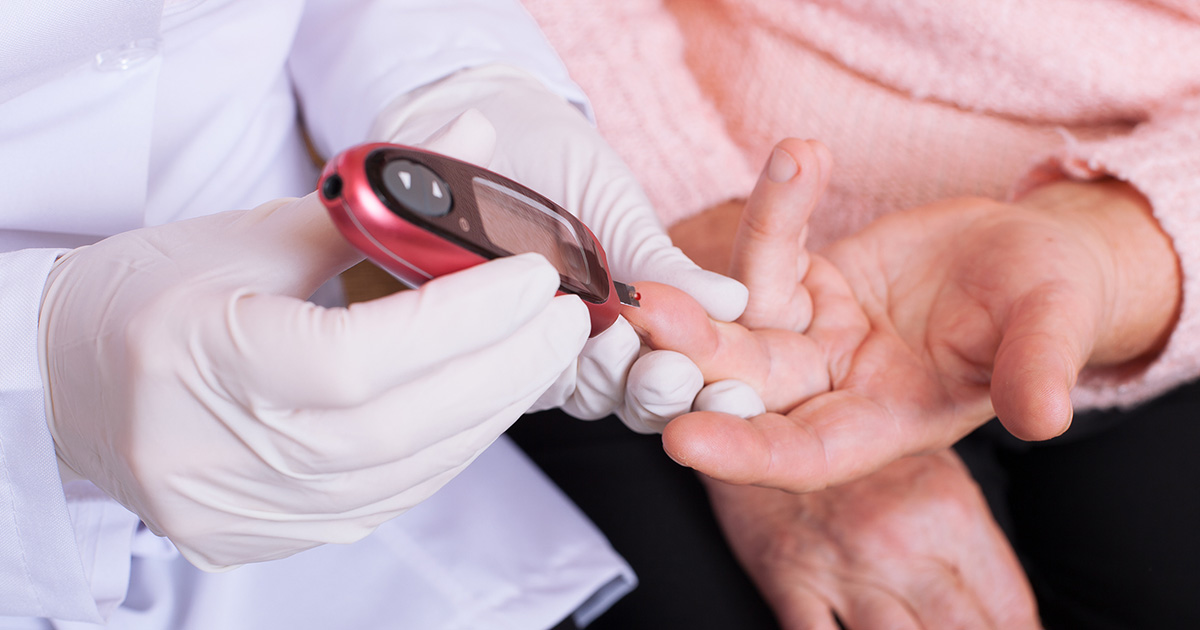How Sugar Affects Body, Mind, And Overall Health
In between 2001 and 2004, a report by the American Heart Association (AHA) discovered the average American consumes approximately twenty-two teaspoons of sugar per day. The AHA also states individuals should limit their sugar intake to six to nine teaspoons each day, which is roughly the same amount of sugar in a can of soda: eight tablespoons.
Sugar is not just bad for your teeth. Too much sugar can add some pounds to the waistline, contribute to diabetes, can affect the pH levels within the body, and can impact heart health and brain health. There are many ways sugar can affect the health of both your mind and body.
What Exactly Is Sugar?

Sugar is calorie-dense with no nutritional value and can come in many different forms in many of the ingredients we purchase at the supermarket or grocery store. It is used as a preservative and to enhance the sweetness of certain products. Although we know how much sugar we should be consuming every day, it is often difficult to determine due to having many different names. Sugar may be disguised on the ingredient label as glucose, fructose, sucrose, maltose, lactose, dextrose, starch, corn syrup, fruit juice, raw sugar, and honey, or a combination of them.
But how does it affect the brain and body when it has been consumed?
Overconsumption Of Sugar Can Lead To Intense Cravings

When sugar hits the tongue, it activates the sweet receptors, which send a signal from the tongue to the cerebral cortex and thus creates and releases a rush of feel-good hormones like serotonin and dopamine. From the cerebral cortex, the signal activates the brain’s reward system, a series of electrical and chemical pathways, across different parts of the brain that encourage us to eat more sweets.
Eating a lot of sweets, or over-activating the reward system, causes loss of control, temptation, cravings, and increased tolerance to sugar. Ultimately, it can lead to sugar addiction.
Now that you know that sugar leads to cravings and addiction, keep reading to learn how sugar can contribute to anxiety and depression.
Sugar Can Contribute To Anxiety And Depression

The peaks and drops of blood sugar levels within the body are commonly referred to as sugar highs and crashes. As the blood sugar levels change dramatically, they can cause symptoms such as mood swings, irritability, brain fog, fatigue, anxiety, and depression.
The constant swell and surge of hormones like serotonin can deplete the brain’s limited supply, which can contribute to depression and mood disorders. Research has proven individuals who eat a diet high in processed foods, with high amounts of saturated fat, sugar, and salt, are at a higher risk of developing depression and anxiety.
Sugar can affect mood and can even contribute to developing mood disorders, but there are so many other harmful effects of sugar consumption. Continue reading to discover how it affects your teeth.
The Effects Of Sugar On Teeth

One common misconception that sugar causes cavities and teeth decay. However, the truth of the matter is although sugar can be slightly corrosive with the addition of other chemicals and substances, most cavities are caused by bacteria. The reason it is said that sugar causes cavities is the bacteria that causes them feed off sugar. Therefore, more sugar creates a better environment for more bacteria which causes more cavities, dental deterioration, bleeding gums, and loss of teeth.
Now that you know that sugar will provide a more habitable environment for bacteria, read further to learn more about the dangers of overeating sugar.
Sugar Can Cause All Sorts Of Disease

One of the major concerns about sugar is it can promote unhealthy weight gains. But there are many other concerns about sugar in the diet, like increasing the risk of high blood pressure, slowing the immune system and the possibility of developing diseases such as diabetes. A diet heavy in sugars can also increase the risk of age-related cognitive decline, dementia, Alzheimer’s disease, coronary heart disease, and some types of cancer.
Sugar is not a dietary requirement and has no nutritional value. Sugar is just an addictive chemical individuals can quit like any other addiction.
Now that you know that sugar can lead to many diseases, continue reading to learn how to fight the cravings.
Fighting Sugar Cravings

Sugar cravings can come by seeing, smelling, or thinking about sweets, but how can we fight those cravings? One of the first ways to mitigate sugar cravings is to eat every three to five hours to keep blood sugar stable. Foods to have handy to fight sugar cravings are fiber-rich foods, foods high in carbohydrates, and fruits.
Some other ways to fight the cravings are to go for a brief walk to take the mind off of sugar, chew a piece of gum, and to quit sugar cold turkey. Although quitting cold turkey may be difficult for the first two to three days. Each small craving usually only lasts three minutes. However, cravings may take a few days or weeks to subside completely.